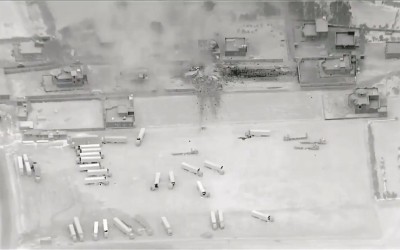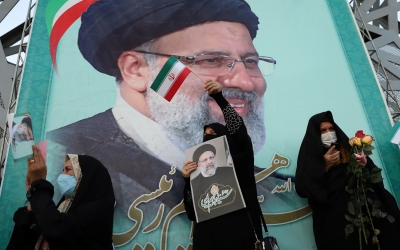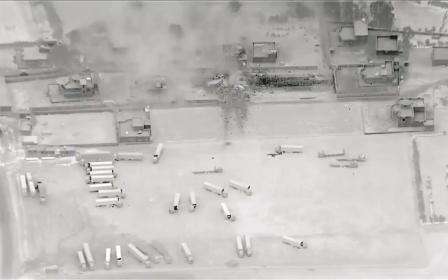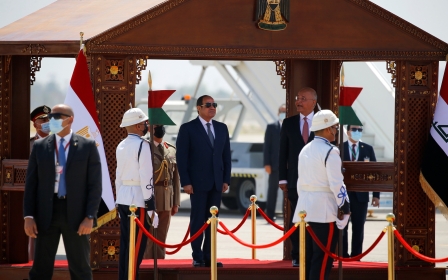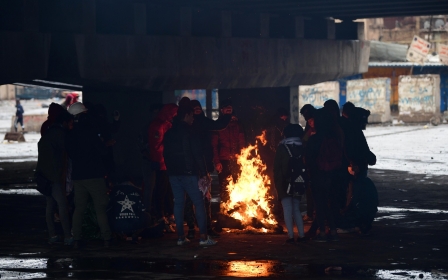US defends air strikes in Iraq and Syria, as Iran-backed groups vow revenge
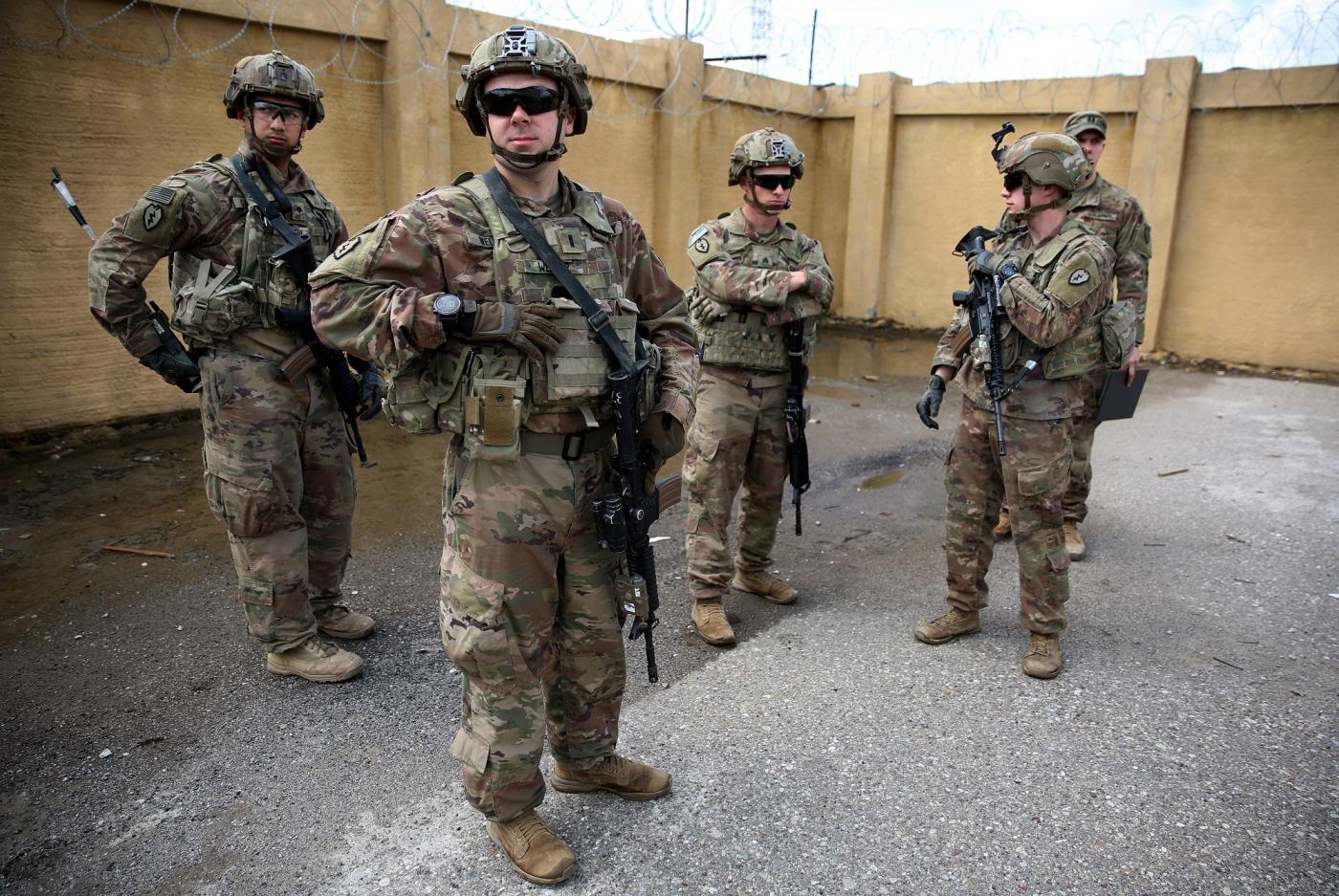
The United States has defended its decision to conduct air strikes against Iran-aligned groups in Iraq and Syria, but the fighters vowed revenge and both countries condemned the unilateral raids as violations of their sovereignty.
At a press briefing on Monday, White House spokeswoman Jen Psaki defended the attacks on facilities used by Iran-backed groups in the region, arguing they were legal and justified according to domestic and international laws.
"The targeted strikes were directed at facilities used by Iran-backed militias involved in these ongoing attacks for purposes including weapons storage, command, logistics and unmanned aerial vehicle (UAV) operations," Psaki told reporters.
She cited Article II of the US Constitution which outlines the president's authority, including serving as commander in chief of the armed forces with the responsibility to protect US personnel whom she said had come under attack in Iraq by Iran-linked groups.
"So, Article II, the self-defence, the defence of the United States and our interests is our domestic justification for these strikes announced yesterday."
Late on Sunday, the Pentagon said the US military conducted what it called "defensive precision airstrikes" against Iran-backed groups on both sides of the Iraq-Syria border.
"The targets were selected because these facilities are utilized by Iran-backed militias that are engaged in unmanned aerial vehicle (UAV) attacks against US personnel and facilities in Iraq," Pentagon spokesperson John Kirby said in a statement.
"Specifically, the US strikes targeted operational and weapons storage facilities at two locations in Syria and one location in Iraq, both of which lie close to the border between those countries." Kataib Hezbollah (KH) and Kataib Sayyid al-Shuhada (KSS) were amongst the targeted groups, according to the Pentagon.
Earlier on Monday, Iraqi armed groups aligned with Iran promised to retaliate when they said four members from KSS were killed in the attacks.
"We are fully prepared... to respond and take revenge," said Ahmed al-Maksusi, a commander of one of the armed groups that was hit, according to the SITE Intelligence Group.
Iraq's government, wary of getting dragged into a US-Iran conflict, condemned the strikes on its territory and said it would "study all legal options" to prevent such action from being repeated.
Meanwhile, Syria called the strikes a "flagrant violation of the sanctity of Syrian and Iraqi lands", Syrian state media said, citing a foreign ministry statement.
"This aggression directed by the highest American leadership proves once again the recklessness of American policies and the necessity of withdrawing its… forces," the statement said.
'Not linked' to Raisi
Sunday's air strikes were the second American attack against Tehran-linked Iraqi groups since US President Joe Biden took office. Similar air raids were carried out in eastern Syria in February.
The strikes also come after six rounds of indirect talks between Washington and Tehran to revive the 2015 nuclear deal that saw Iran scale back its nuclear programme in exchange for lifting sanctions against its economy.
Former US President Donald Trump had nixed the multilateral agreement, known as the Joint Comprehensive Plan of Action (JCPOA), in 2018.
On Monday, Psaki suggested that Sunday's strikes were a separate issue to the nuclear talk, reiterating that it was in America's interest to contain Iran's nuclear programme by restoring and expanding the JCPOA. She said the next step in that effort would be a seventh round of talks in Vienna.
"But I would say that as it relates to responding to attacks on our men and women serving - or threats, I should say, to our facilities that are in the region - that we don't see that on the same exact track," Psaki told reporters.
The spokeswoman said Sunday's strikes were in response to increased rocket and drone attacks by the groups against US bases and interests.
She also emphasised that the attack was not linked to the election victory of Iranian ultraconservative Ebrahim Raisi, nor was it related to a visit by outgoing Israeli President Reuven Rivlin to Washington.
"It was not linked to a visit by the president of Israel, nor was it linked to any elections in Iran either," Psaki said.
Middle East Eye propose une couverture et une analyse indépendantes et incomparables du Moyen-Orient, de l’Afrique du Nord et d’autres régions du monde. Pour en savoir plus sur la reprise de ce contenu et les frais qui s’appliquent, veuillez remplir ce formulaire [en anglais]. Pour en savoir plus sur MEE, cliquez ici [en anglais].


